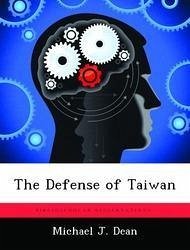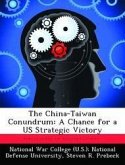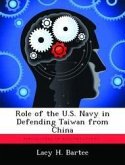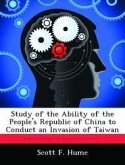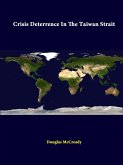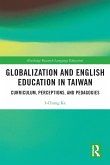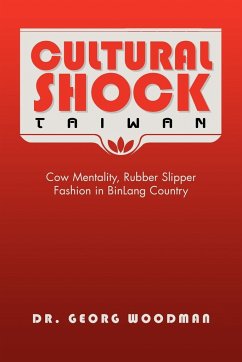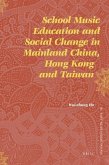Recently, due to the growing economic power and political influence of China, many have speculated the threat of Chinese military action towards the reunification of China and Taiwan has diminished. As the largest developing nation in the world, China has sustained a growth rate of 7% or better since 1980.1 According to Richard Bush, Director of the Brookings Institute Northeast Asia Policy Studies, Taiwanese and Chinese economies are intertwined and becoming more so each day with Taiwanese products manufactured in China maintaining Taiwanese profitability while supporting Chinese industry.2 Indeed, the growing economic interdependence of the two governments substantially supports the premise of a peaceful resolution. Additionally, the People's Republic of China (PRC) evolution as an emerging world superpower dictates responsible behavior including supporting a peaceful solution to the "Taiwan issue." In April 2004, during his testimony to the U.S. House International Relations Committee, James A. Kelly, Assistant Secretary of State for East Asian and Pacific Affairs commented, "China would gain nothing from a conflict. It would undermine a historic transformation through which China has become a respected member of the international community."3 Yet, for the PRC, control of Taiwan runs deeper than mere economics.
Hinweis: Dieser Artikel kann nur an eine deutsche Lieferadresse ausgeliefert werden.
Hinweis: Dieser Artikel kann nur an eine deutsche Lieferadresse ausgeliefert werden.

